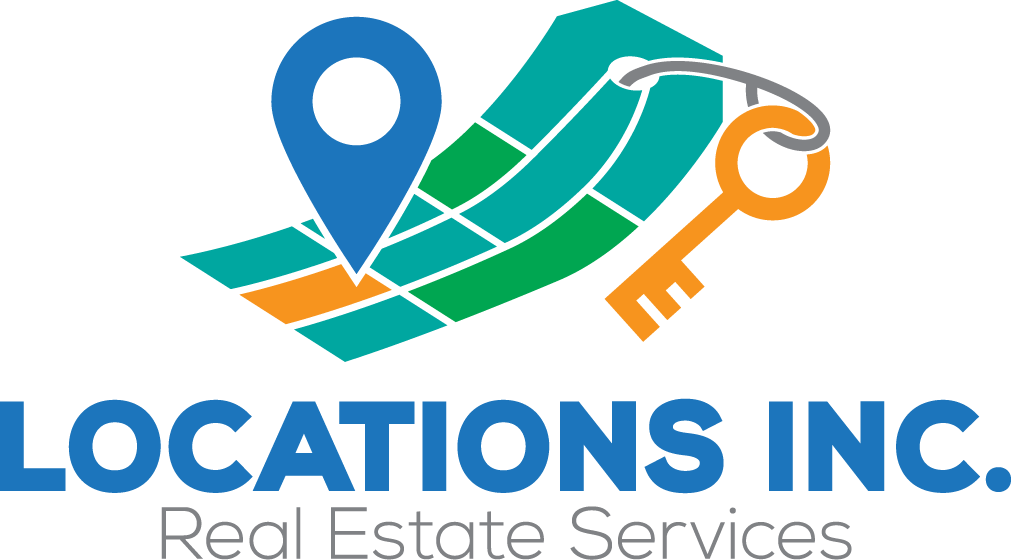Things to Look for When Buying a House
Buying a house is a big deal, right? But don’t stress! Figuring out what matters most to you in a home and neighborhood is key to making the right choice. Let’s chat about what you need to think about before diving into this adventure. Trust me, having a clear idea of what you want can make all the difference between finding your dream home or ending up with something that’s not quite right. The experts at Locations inc have extensive experience in real estate and construction in Illinois, specifically the Chicago suburbs and Cook/DuPage County.
Key Factors to Consider
These are some of the biggest things you should consider when planning to buy a home
Price: Figure out your budget by considering your lender's pre-approval letter, down payment capability, and monthly mortgage affordability alongside recurring expenses and reserves for maintenance and repairs.
Location: Evaluate the desirability of neighborhoods in terms of amenities, closeness to recreational spots, shopping centers, schools, and employment hubs, aligning with your lifestyle preferences.
Commute Time: Assess the convenience of commuting to work or school, taking into account access to public transportation if necessary.
Schools and childcare: Research the quality of schools within the home's vicinity, focusing on performance indicators and suitability for your children's education.
Home Type: Decide between single-family homes, condos, or townhomes, considering upfront costs, maintenance responsibilities, and amenities provided by each option.
Design and Upgrades: Choose between new construction, flipped properties, or existing homes based on your preferences for design customization and renovation involvement.
Condition: Estimate the level of renovation required, balancing your readiness for move-in versus the investment of time, money, and effort into repairs or upgrades.
Space: Determine the ideal number of bedrooms, bathrooms, and additional spaces needed to accommodate your family size and future requirements.
Energy Efficiency: Evaluate the property's energy performance and potential for improvement to manage utility expenses effectively.
Square Footage: Consider the home's size in relation to your lifestyle and storage needs, mindful of the associated maintenance costs.
Parking: Assess parking options, whether garage/off-street parking or street parking, and any additional storage requirements.
Property Additions: Explore possibilities for extending or repurposing interior or exterior spaces to meet future needs.
Outdoor Space: Determine preferences for outdoor amenities like gardens, patios, or decks, considering maintenance commitments and shared spaces in multi-unit residences.
Historical District: Investigate any restrictions or requirements associated with properties in historical districts that may affect modifications or expansions.
Possible Drawbacks: Identify potential issues such as closeness to busy roads, environmental risks, or resale challenges, weighing them against your tolerance level.
Red Flags to Remember
There are so many thoughts going through your mind during the home buying process. All the paperwork, stress, and time consumption can make you feel overwhelmed, but make sure you don’t forget about some of the main red flags when you view a home:
Poor craftsmanship in tiling or flooring, indicative of substandard renovations. (the Locations, Inc. Team has extensive background in construction and can help you spot these issues!)
Foundation issues showing as significant cracks or instability.
Lack of maintenance suggesting underlying problems requiring costly remedies.
Proximity to water bodies posing flood risks, necessitating additional insurance.
Improperly installed windows hinting at structural issues or renovation shortcomings.
Presence of mold or water damage, signaling potential health hazards and structural damage.
Poor ventilation leading to moisture-related issues like mold growth.
Here are a list of professionals that you will likely use on your home buying journey. Ask questions when needed, because they are here to take some of your stress away and guide you:
Real Estate Agent: Guide you through property finding, evaluation, negotiation, and more.
Mortgage Lender/Broker: Assist in securing suitable financing options.
Real Estate Attorney/Title Company: Ensure legal and financial protection during transactions.
Home Inspector: Provide comprehensive assessments of property conditions.
Home Energy Assessor: Offer insights into energy efficiency and potential improvements.
For expert guidance in your home buying or selling endeavors, contact Locations, Inc.

